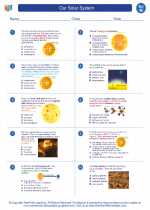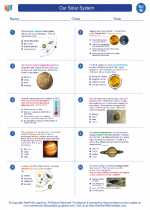Thyroid-Stimulating Hormone (TSH)
Thyroid-stimulating hormone (TSH) is a hormone produced by the pituitary gland, a small gland located at the base of the brain. TSH plays a crucial role in the regulation of the thyroid gland, which is responsible for producing thyroid hormones that regulate metabolism, growth, and development.
Functions of TSH:
- Stimulates the thyroid gland to produce thyroid hormones, including thyroxine (T4) and triiodothyronine (T3).
- Regulates the growth and function of the thyroid gland.
- Controls the levels of thyroid hormones in the bloodstream through a negative feedback loop.
Regulation of TSH:
TSH secretion is regulated by the hypothalamus and the pituitary gland. The hypothalamus produces thyrotropin-releasing hormone (TRH), which stimulates the pituitary gland to release TSH. TSH, in turn, stimulates the thyroid gland to produce thyroid hormones. When the levels of thyroid hormones in the bloodstream are low, the hypothalamus and pituitary gland increase the production and release of TRH and TSH to stimulate the thyroid gland. Conversely, when the levels of thyroid hormones are high, the production and release of TRH and TSH are decreased, leading to a reduction in thyroid hormone production.
Clinical Significance:
Abnormal levels of TSH can indicate various thyroid disorders. High levels of TSH (hyperthyroidism) may indicate an underactive thyroid gland (hypothyroidism), while low levels of TSH (hypothyroidism) may indicate an overactive thyroid gland (hyperthyroidism). Measuring TSH levels is an important diagnostic tool for assessing thyroid function and guiding the treatment of thyroid disorders.
Study Guide:
To understand the concept of thyroid-stimulating hormone (TSH) thoroughly, it's essential to focus on the following key points:
- Functions of TSH
- Regulation of TSH secretion
- Clinical significance of TSH levels
Additionally, familiarize yourself with the negative feedback loop involving the hypothalamus, pituitary gland, and thyroid gland in the regulation of TSH secretion.
When studying TSH, it's also crucial to comprehend the interplay between TSH and thyroid hormones, specifically thyroxine (T4) and triiodothyronine (T3), in maintaining metabolic balance and overall health.
Lastly, practice interpreting TSH levels in the context of thyroid disorders, including hypothyroidism and hyperthyroidism, to develop a comprehensive understanding of the clinical significance of TSH.
.◂Science Worksheets and Study Guides Eighth Grade. Our Solar System

 Worksheet/Answer key
Worksheet/Answer key
 Worksheet/Answer key
Worksheet/Answer key
